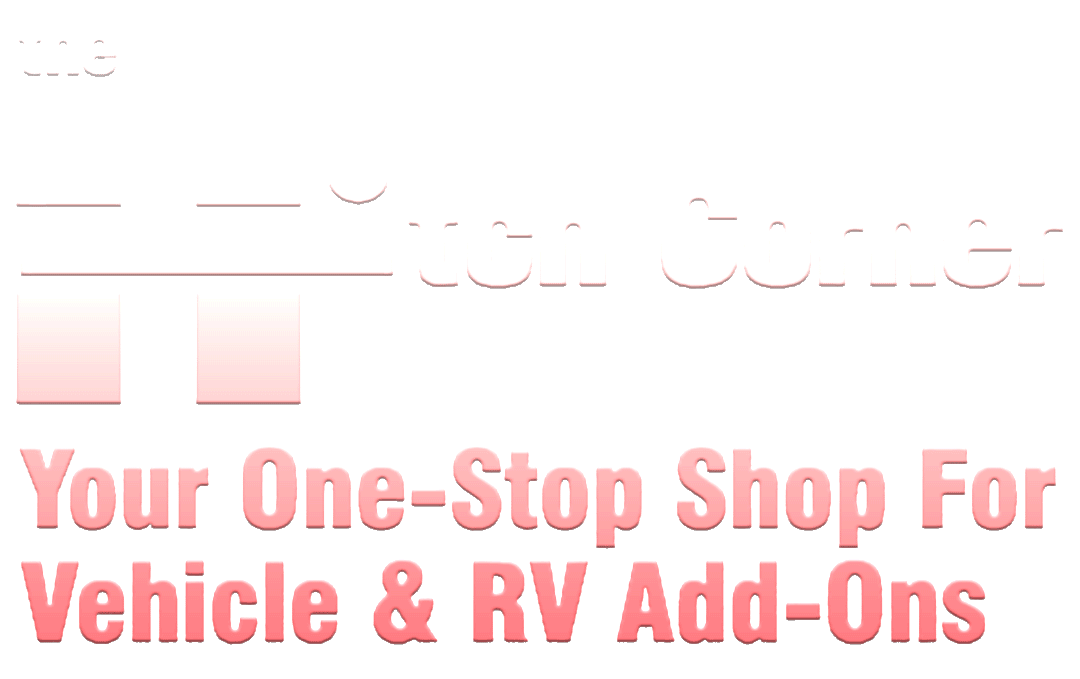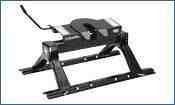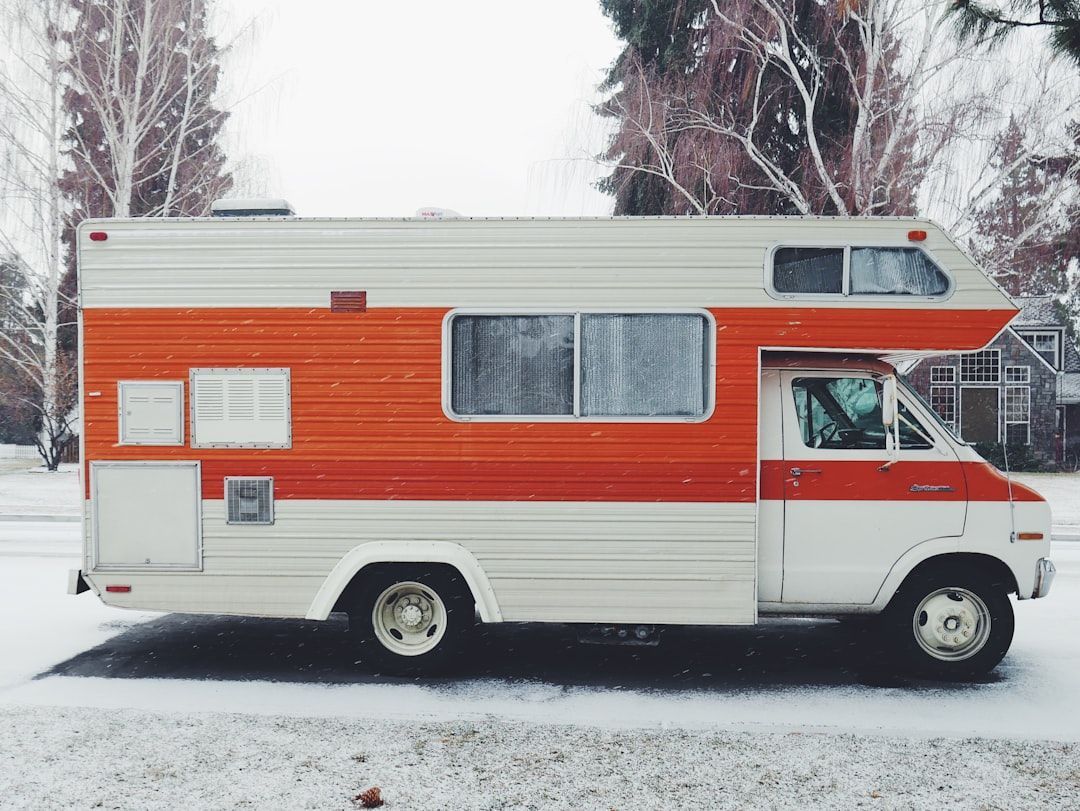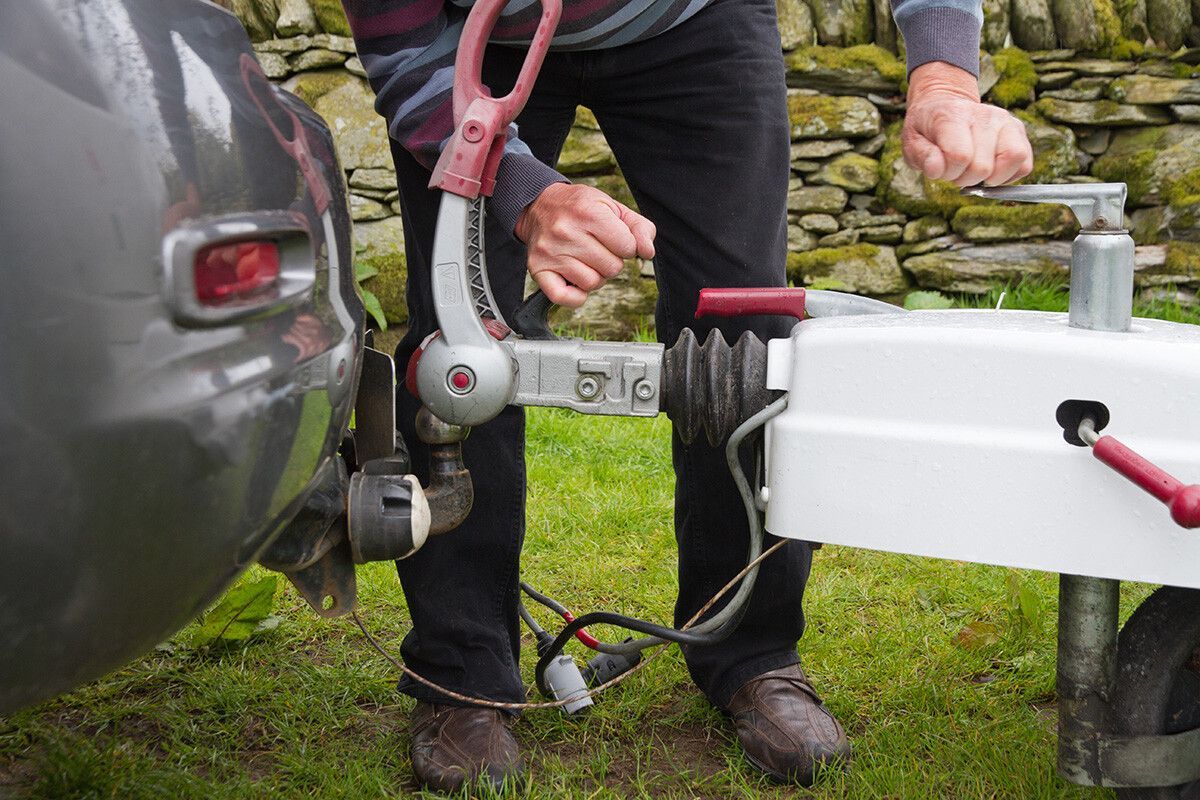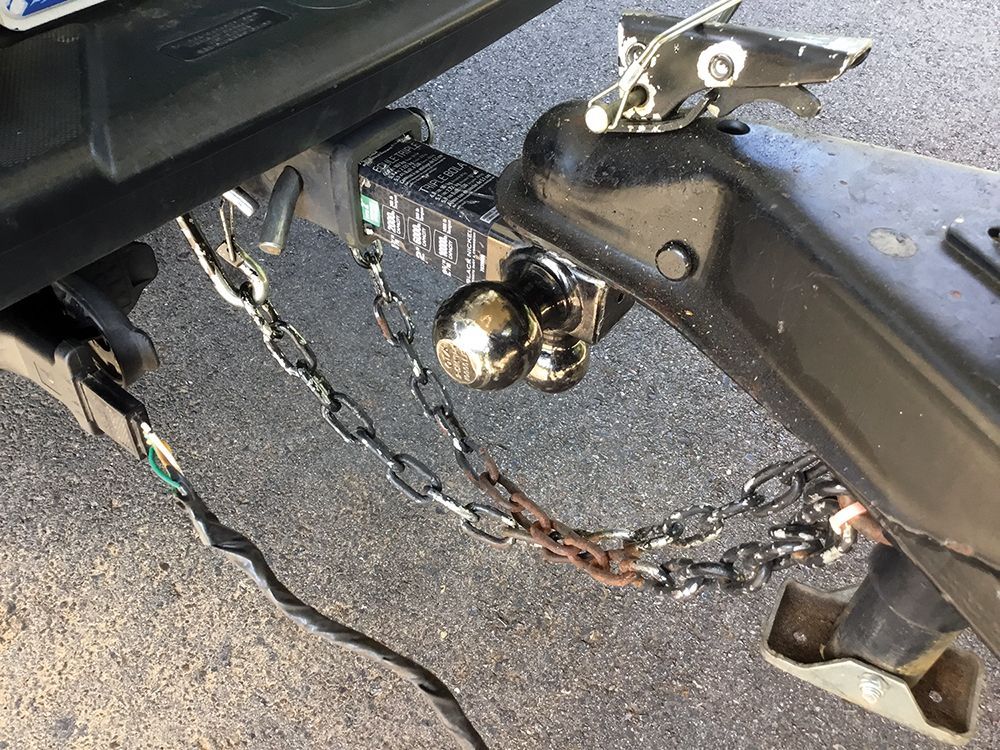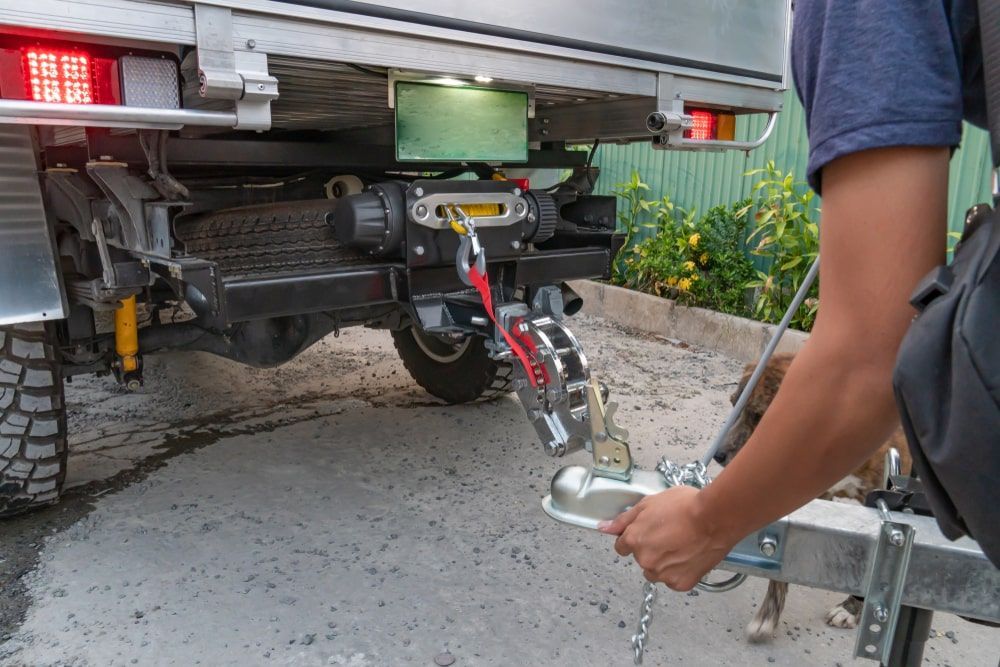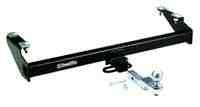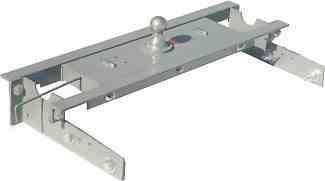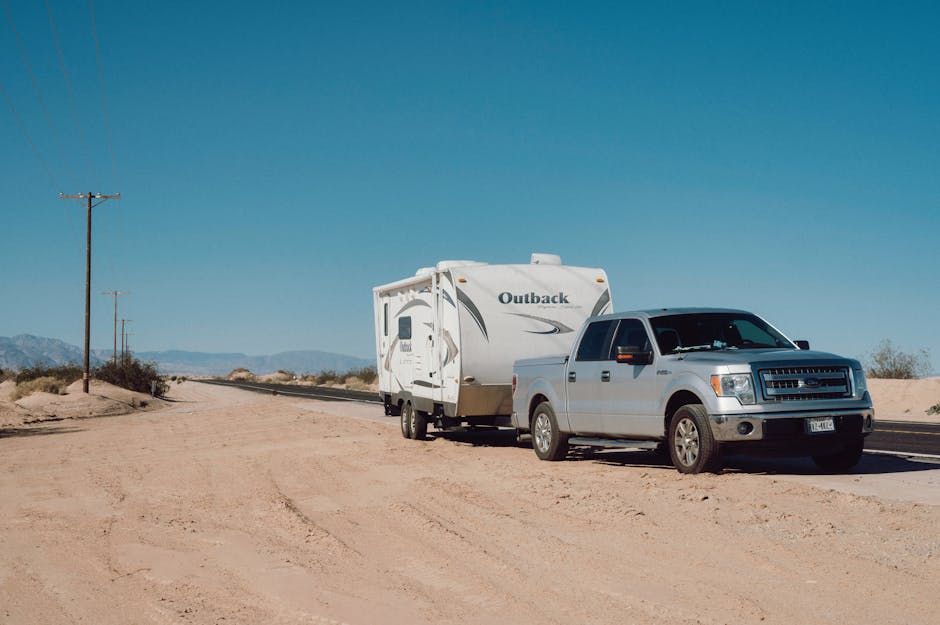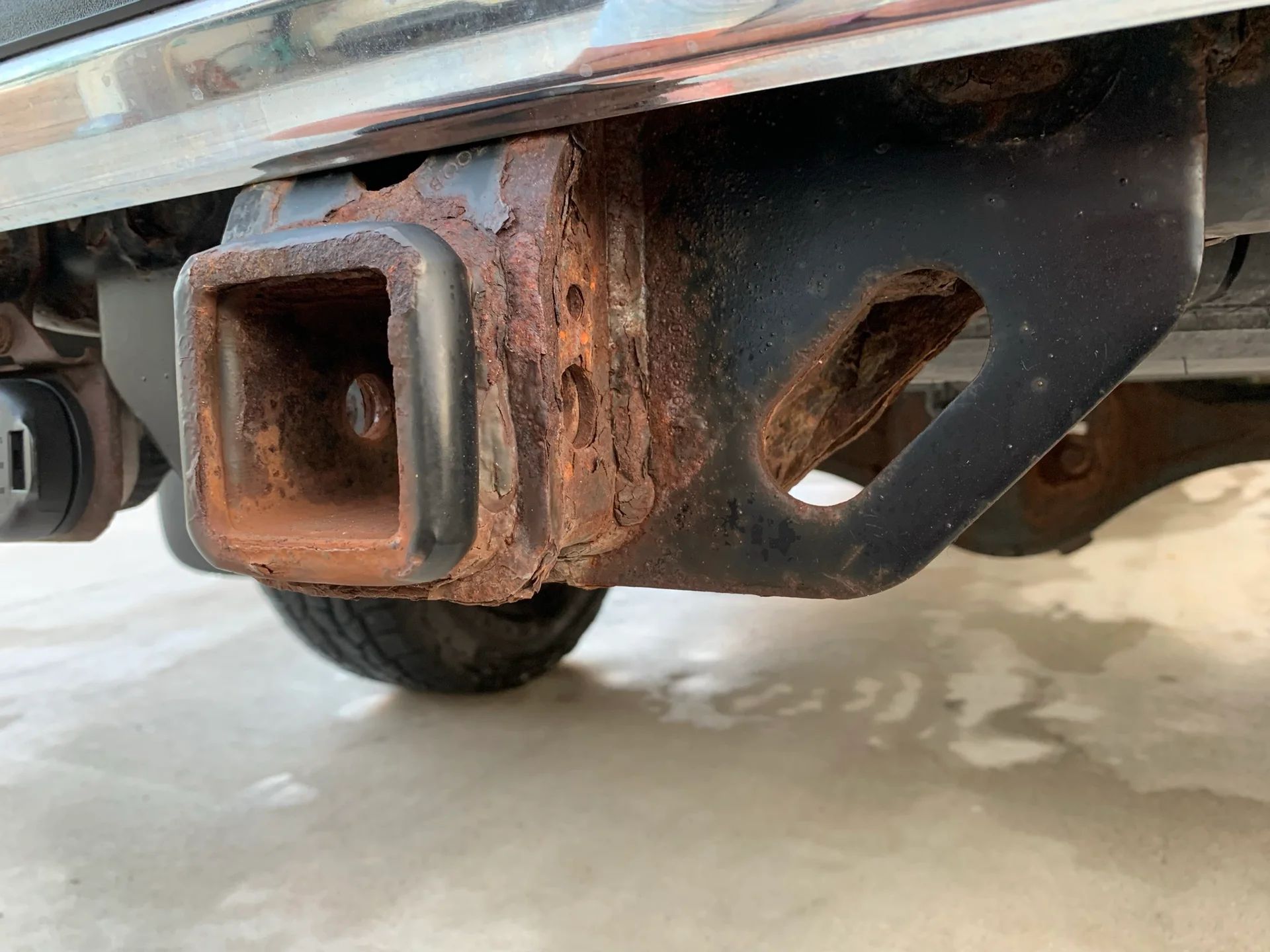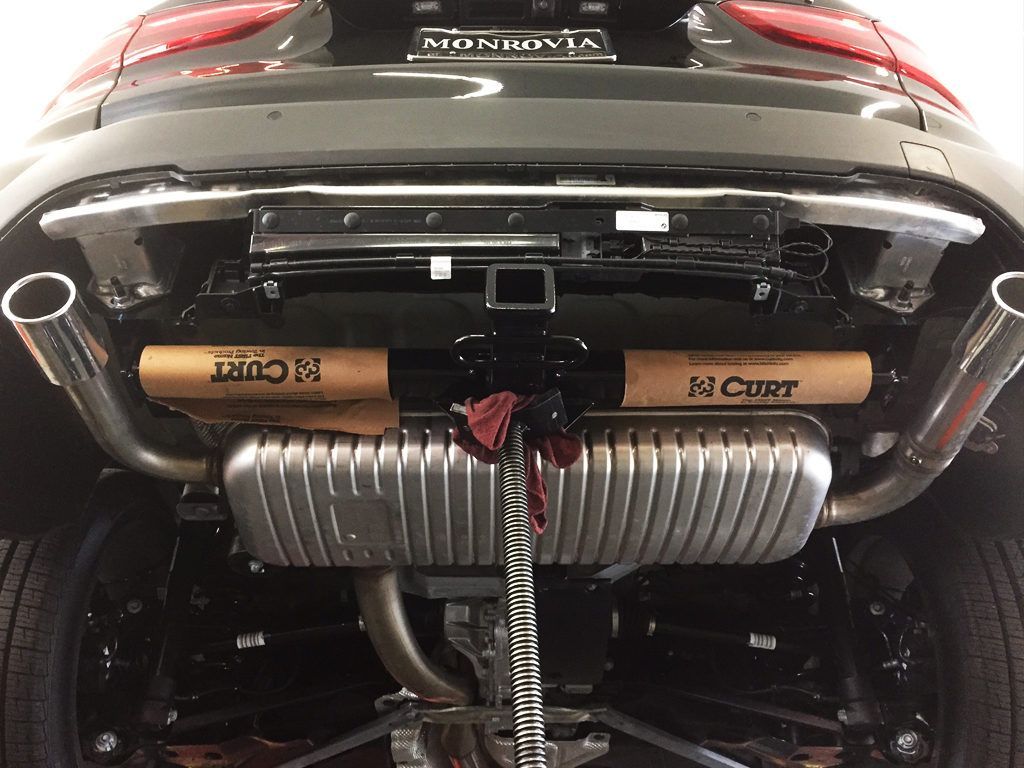DIY or Professional? How to Decide on Hitch Installation
Install hitch successfully by understanding the essentials before diving into the procedure. Whether you are a DIY enthusiast or prefer leaving it to the pros, getting the basics right can save you time, money, and stress.
- Overview: Installing a hitch transforms your vehicle into a towing powerhouse, enabling you to haul trailers with ease.
- Importance: Proper installation is crucial for safe and efficient towing, preventing mishaps on the road.
- Towing Capacity: Knowing this ensures you choose and install the hitch best suited to your vehicle and towing needs.
For those considering hitch installation, striking the right balance between DIY effort and professional expertise is key to a seamless towing experience. Understanding the core components of hitch installation empowers you to make informed decisions, ensuring durability and reliability on your trips.
Choosing the Right Trailer Hitch
Selecting the right trailer hitch is crucial for safe and efficient towing. Hitch classes, towing capacity, and vehicle compatibility are the main factors to consider.
Hitch Classes
Trailer hitches come in five classes, ranging from Class 1 to Class 5. Each class has a different weight capacity:
- Class 1: Up to 2,000 lbs (907 kg)
- Class 2: Up to 3,500 lbs (1,588 kg)
- Class 3: Up to 8,000 lbs (3,629 kg)
- Class 4: Up to 10,000 lbs (4,536 kg)
- Class 5: Over 10,000 lbs
Higher classes mean higher towing capacity. Choose a hitch class that matches or exceeds your towing needs. For example, if you're towing a small utility trailer, a Class 1 or 2 may suffice. For larger campers or boats, consider Class 3 or higher.
Towing Capacity
Your vehicle's towing capacity dictates the maximum weight it can safely pull. Check your owner's manual to find this information. It's essential to match your hitch's capacity with your vehicle's limits. Exceeding this can lead to dangerous situations on the road.
Vehicle Compatibility
Not all hitches fit all vehicles. Ensure the hitch is compatible with your car's make, model, and year. Use online tools or consult with experts to verify compatibility. For instance, The Hitch Corner offers a hitch finder tool that simplifies this process.
Choosing the right trailer hitch involves understanding the different hitch classes, knowing your vehicle's towing capacity, and ensuring compatibility. By doing so, you set the foundation for a safe and secure towing experience.
How to Install Hitch
Installing a trailer hitch can seem daunting, but with the right tools and steps, you can do it yourself. Here's a simple guide to help you install a hitch on your vehicle.
Tools Needed for Installation
Before you start, gather all the necessary tools. Having everything ready will make the process smoother and quicker:
- Wheel Chocks: These are essential for keeping your vehicle stationary during installation.
- Torque Wrench: Ensures bolts are tightened to the correct specifications, which is crucial for safety.
- Safety Glasses: Protect your eyes from debris while working under the vehicle.
- Socket Set and Ratchet: For removing and tightening bolts.
- Jack and Stands: To lift and support your vehicle safely.
- Work Gloves: Protect your hands from sharp edges and dirt.
Step-by-Step Installation Process
- Prepare Your Workspace
Make sure you have enough space around your vehicle. A well-lit area is ideal, so consider setting up a work light. - Chock the Wheels
Place wheel chocks on the front wheels to prevent the vehicle from rolling. - Jack Up the Vehicle
Use a jack to lift your vehicle and secure it with jack stands. This step provides more space to work underneath. - Clean Mounting Points
Before attaching the hitch, clean the mounting points on your vehicle's frame. Use a wire brush to remove rust or debris. This ensures a secure fit and prevents future corrosion. - Position the Hitch
With the help of a friend or a rope, lift the hitch into position. Align it with the pre-drilled holes in your vehicle's frame. - Insert and Tighten Bolts
Start threading the mounting bolts by hand to ensure they go in straight. Once all bolts are in place, use a socket set to tighten them. - Torque the Bolts
Using a torque wrench, tighten the bolts to the specifications provided in the hitch's instructions. Proper torque ensures the hitch is secure and safe for towing. - Check Everything
Double-check all connections and ensure the hitch is firmly attached. Remove the jack stands and lower your vehicle.
Following these steps will help you successfully install a trailer hitch on your vehicle. Safety is key, so take your time and double-check each step. If you ever feel unsure, consulting a professional might be the best choice.
Professional Installation vs. DIY
When it comes to installing a hitch, deciding between doing it yourself (DIY) and hiring a professional can be a tough choice. Let's break down the pros and cons of each option to help you decide.
DIY Installation
Pros:
- Cost Savings: Doing it yourself can save you a significant amount of money. Professional installations can range from $50 to over $250.
- Flexibility: You can work on your own schedule without having to book an appointment.
- Satisfaction: There's a sense of accomplishment in completing the installation yourself.
Cons:
- Time-Consuming: Depending on your experience and the complexity of the hitch, installation can take anywhere from 30 minutes to a few hours.
- Requires Tools and Space: You'll need specific tools like a torque wrench and a safe workspace to perform the installation.
- Risk of Error: Mistakes can lead to improper installation, which might compromise safety.
Professional Installation
Pros:
- Expertise: Professionals have the experience and knowledge to ensure a correct and safe installation.
- Time Efficiency: They can often complete the job quicker than a DIYer, especially if you're not familiar with the process.
- Warranty: Some services offer warranties on their work, providing peace of mind.
Cons:
- Cost: Professional installation costs can add up, especially for more complex setups.
- Scheduling: You'll need to find a convenient time to drop off and pick up your vehicle.
Expertise Required
Installing a trailer hitch requires a basic understanding of your vehicle's structure and the ability to use various tools. If you're comfortable with mechanical tasks and have the necessary equipment, DIY might be a viable option. However, if you're unsure or lack the tools, professional installation is advisable to ensure safety and reliability.
The choice between DIY and professional installation depends on your budget, time, and confidence in your mechanical skills. If you choose DIY, ensure you follow the installation instructions carefully. For those opting for professional help, The Hitch Corner offers expert installation services across multiple locations in Colorado, ensuring your hitch is installed with precision and care.
Frequently Asked Questions about Trailer Hitch Installation
Can you install a hitch yourself?
Yes, installing a hitch yourself is possible and can be a rewarding DIY project. To get started, you'll need some basic tools commonly found in a garage. Essential tools include:
- Wheel chocks to prevent your vehicle from moving.
- Torque wrench for tightening bolts to the specified torque.
- Safety glasses to protect your eyes.
Before diving into the installation, make sure to read the instructions that come with your hitch. This will give you a clear understanding of the steps involved and help you decide if you’re comfortable tackling the task.
How much does it cost to install a trailer hitch?
The cost of installing a trailer hitch varies depending on several factors. If you opt for a DIY approach, you’ll mainly incur the cost of the hitch itself, which typically ranges from $150 to $300. On the other hand, professional installation can add an extra $50 to $250, depending on the complexity of the job and your location.
Factors affecting the price include:
- Vehicle make and model: Some vehicles require more labor-intensive installations.
- Type of hitch: More robust hitches designed for heavy towing may cost more.
- Additional accessories: Wiring kits or other necessary components can increase the total cost.
Is adding a tow hitch worth it?
Adding a tow hitch can be highly beneficial, especially if you frequently engage in activities that require towing. Here are some reasons why it might be worth the investment:
- Versatility: A tow hitch allows you to attach trailers, bike racks, or cargo carriers, enhancing your vehicle's utility.
- Cargo Security: Towing with a hitch ensures your cargo is securely attached, reducing the risk of accidents.
- Increased Vehicle Value: A professionally installed hitch can add value to your vehicle, making it more appealing to potential buyers.
Whether you're hauling a trailer for a weekend getaway or just attaching a bike rack, a tow hitch expands your vehicle's capabilities, making it a valuable addition for many drivers.
Conclusion
Choosing to install a hitch is a smart move for anyone looking to improve their vehicle's functionality. Whether you decide to tackle the installation yourself or opt for a professional service, it's important to weigh your options carefully.
At The Hitch Corner, we pride ourselves on offering expert installation services backed by over 50 years of experience. Our team ensures that every hitch is installed with precision, giving you peace of mind on the road. We understand that a properly installed hitch is crucial for safe towing, which is why our services come with a lifetime warranty and an installation guarantee.
Many of our satisfied customers have shared positive experiences, highlighting our quick and friendly service. For instance, Matt Madsen praised our efficiency during a hitch installation on his Ford Escape, noting that it took less time than expected. These testimonials underscore our commitment to quality and customer satisfaction.
Opting for professional installation at The Hitch Corner not only saves you time but also ensures that your hitch is installed correctly, adhering to all safety standards. Our expert team is equipped to handle any vehicle type, ensuring compatibility and optimal performance.
For those in the Metro Denver area, our multiple locations make it convenient to access our services. Whether you're in Littleton, Arvada, Aurora, or any of our other locations, we're ready to assist you with your towing needs.
If you're ready to improve your vehicle's towing capabilities with a professionally installed hitch, visit our installation page to learn more about our services and schedule an appointment. With The Hitch Corner, you get expertise, reliability, and a lifetime of worry-free towing.
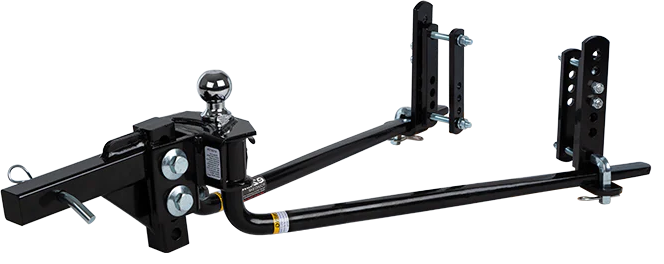
WE WON'T LEAVE YOU HANGING ON INSTALLATION.
Explore an extensive range of essential products for cars, SUVs, and trucks, featuring items that cater to both style and functionality,
including versatile cargo carriers suitable for roof and trailer hitch setups.
OUR CUSTOMERS LOVE US

We needed to swap our hitch mount and ball but were unsure exactly what we needed. The two men working were extremely helpful in pointing out what we needed and even helped us swap the hitch despite them being about to close. Great service!!
Allison Safko

Very quick and friendly service. Hitch installed on a Ford Escape for an upcoming move – took less time than anticipated and job well done. Highly recommend.
Matt Madsen

This place is great. Knowledgeable and super fair on prices. Got a break controller here and it worked out of the box. People here know their stuff. Way better than going to Uhaul.
James Olsen
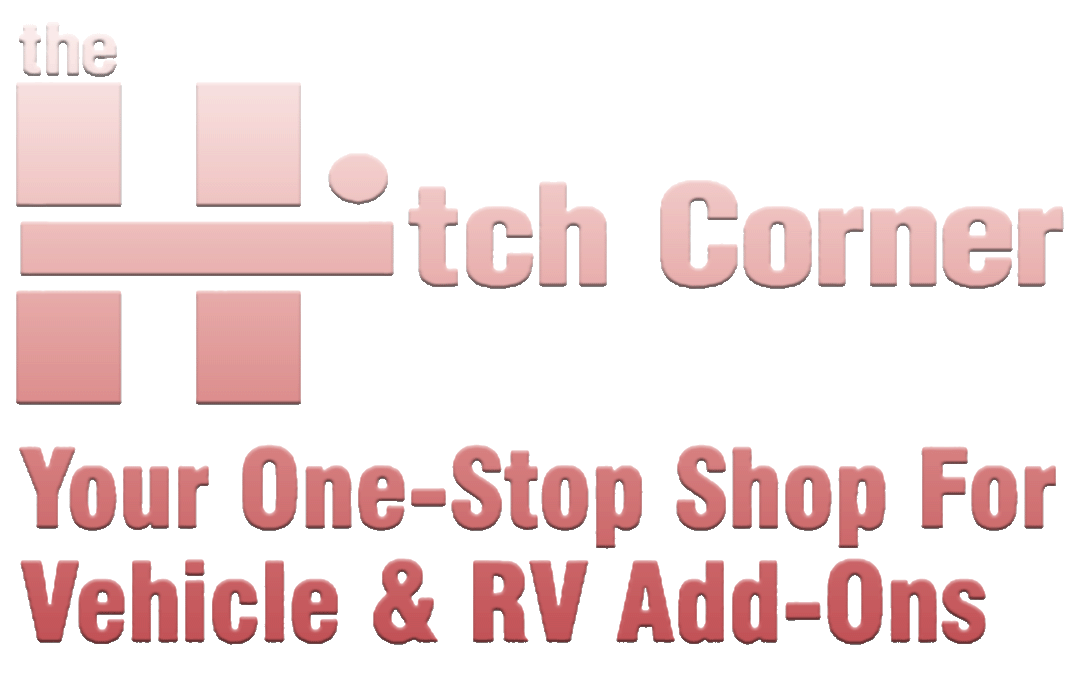
CONTACT US
Hitch Corner (Littleton)
Phone:
(303) 904-1558
Email:
info@hitchcorner.com
Address:
10677 W. Centennial Rd. Suite 103 Littleton, CO 80127
BUSINESS HOURS
- Mon - Fri
- -
- Saturday
- -
- Sunday
- Closed
All Rights Reserved | Hitch Corner | Powered by Proshark
